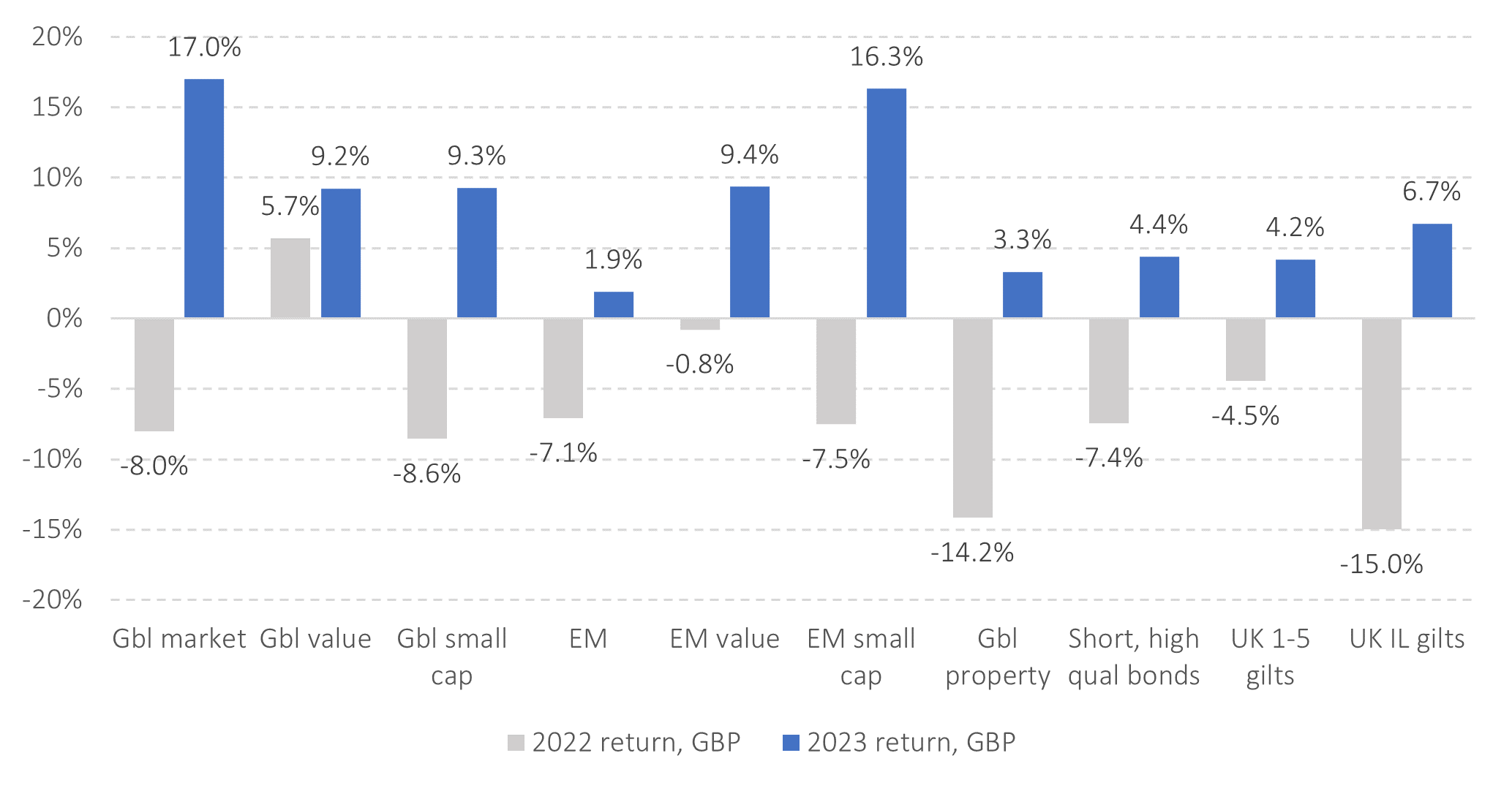Managing wealth effectively is critical to achieving long-term financial success in today's fast-paced financial world. Whether aiming to grow your assets, secure your retirement, or leave a financial legacy, understanding the value of wealth management can set you on the right path. But what exactly is wealth management, and why is it so important?
This article will explain the basics of wealth management, what wealth managers do, and how their expertise can significantly impact your financial future.
Wealth Management Explained
Wealth management is a comprehensive service that goes beyond traditional financial planning. It encompasses tax planning, estate planning, and more. Wealth management focuses on preserving and growing your wealth over time, helping you achieve financial security and meet your life goals. It's particularly relevant for high-net-worth individuals or families requiring a tailored, strategic financial approach.
What Does a Wealth Manager Do?
A wealth manager plays a crucial role in developing and executing a personalised financial strategy. They assess your financial situation, understand your objectives, and offer advice on investments, savings, taxes, and estate planning. Wealth managers also coordinate with other professionals, like tax advisors and solicitors, to ensure all aspects of your financial life are optimally managed. Their goal is to help you grow your assets while protecting your wealth for the future.
Understanding the Importance of Wealth Management
The importance of wealth management cannot be overstated. It provides the expertise needed to navigate the complexities of managing significant assets. Without professional guidance, individuals may miss key growth opportunities, fail to minimise tax liabilities or be unprepared for market risks. Wealth managers offer tailored strategies that help clients preserve their wealth and take advantage of market opportunities, ensuring that financial goals are met with minimal stress and maximum efficiency.
Financial Goals for Long-Term Success
Setting clear financial goals is a cornerstone of successful wealth management. Wealth managers use the SMART (Specific, Measurable, Achievable, Relevant, Time-bound) framework to help clients establish realistic objectives that align with their personal and financial aspirations. Ifamax Wealth Management employs this approach to guide clients in planning for long-term success. Whether saving for retirement, purchasing a second home, or preparing for future generations, your wealth manager will create a tailored strategy that reflects your unique goals and timeline.
Maximising Savings and Investment Opportunities
Regular savings and intelligent investment strategies are the building blocks of wealth creation. Wealth managers bring the expertise to identify and implement the most effective saving and investment options based on your financial objectives. Whether spotting high-growth opportunities or recommending tax-efficient savings vehicles, their experience allows them to help you capitalise on the best opportunities. This professional insight makes wealth management essential for optimising your financial strategy.
Risk Management with Wealth Management
Risk is inevitable in any financial plan, but wealth managers are skilled at identifying and mitigating various risks, including market, inflation, and longevity. They develop comprehensive plans that balance these risks through assets, emergency funds, insurance, and tax-efficient strategies. By addressing potential risks upfront, wealth managers help protect your wealth over the long term and ensure your financial plan remains resilient.
Emotional Benefits of Hiring a Wealth Manager
Beyond the financial benefits, wealth management offers significant emotional peace of mind. Managing an extensive portfolio or preparing for important life events can be stressful, but wealth managers remove much of the burden by handling the complexities for you. Knowing that your financial future is in expert hands allows you to focus on enjoying life, confident that your wealth is managed effectively and strategically.
Trust Ifamax with Your Financial Future
Is wealth management right for you? At Ifamax Wealth Management, we’re committed to helping you secure a prosperous future. Our wealth management specialists are available for a free, no-obligation consultation to discuss your financial needs. Let us guide you in achieving financial peace of mind—contact us today to get started.
























































